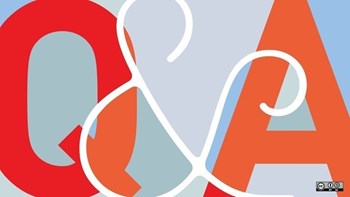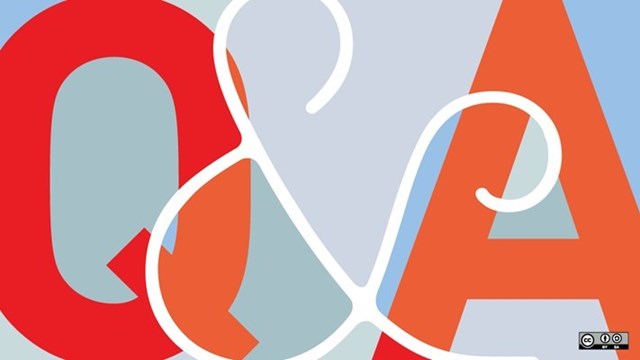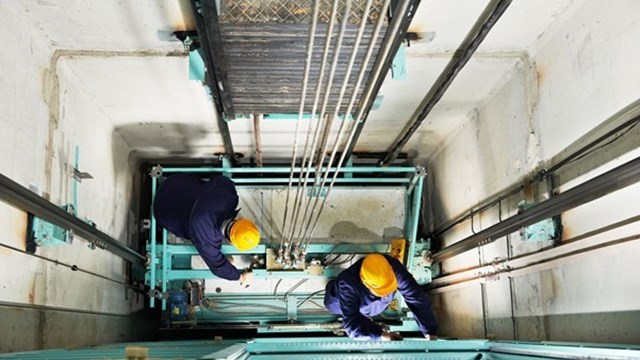
Q. My family and I live in a 6-story condominium. We own the top two floors (5 & 6), which amounts to 22% of the building. The elevator has been out of service for two months. The board members seem to be in no hurry to get it fixed (they live on the 3rd floor and 1st floor). How long must I put up with this reduction in services? Do I have any recourse?
—Needing a Lift
A. Says Matthew J. Goldberg, Esq., attorney member of Richman, Goldberg & Gorham, LLC in Chicago, “Condominium ownership often comes with unexpected issues. Many people find it difficult to separate the concept of a single-family home from living in a multi-dwelling-unit building, such as a condominium. When living in a condominium association, a certain amount of control is given up in exchange for a lifestyle that one might hope eases the burdens of maintenance by sharing not only the cost, but the responsibility for staying on top of tasks.
“Unfortunately, that sometimes means if a concern does not affect the persons responsible for maintenance, they may not appreciate how the issue may affect you. Nonetheless, pursuant to Section 18.4(a) of the Illinois Condominium Property Act, the board is charged with the responsibility of maintaining the building and its common elements, which in this case would include the elevator, even though you may benefit from it the most. This duty is no mere, ordinary duty of reasonableness. Because of the board members’ control over the building and the assessments you pay for this maintenance, this is a fiduciary duty, the highest duty recognized under the law.
“You should demand that the board immediately repair the elevator and make its use available to you. Presumably purchasing in a building with an elevator was a consideration when you bought the unit. It is not reasonable for the board to delay this repair, simply for the sake of saving, or not spending, money that may not benefit them as much as it benefits you.
“Failure to make these repairs carries personal liability which means the board members could, individually, be held accountable for your damages and not look to the association (including you and your 22% ownership interest) for indemnification.”






Leave a Comment